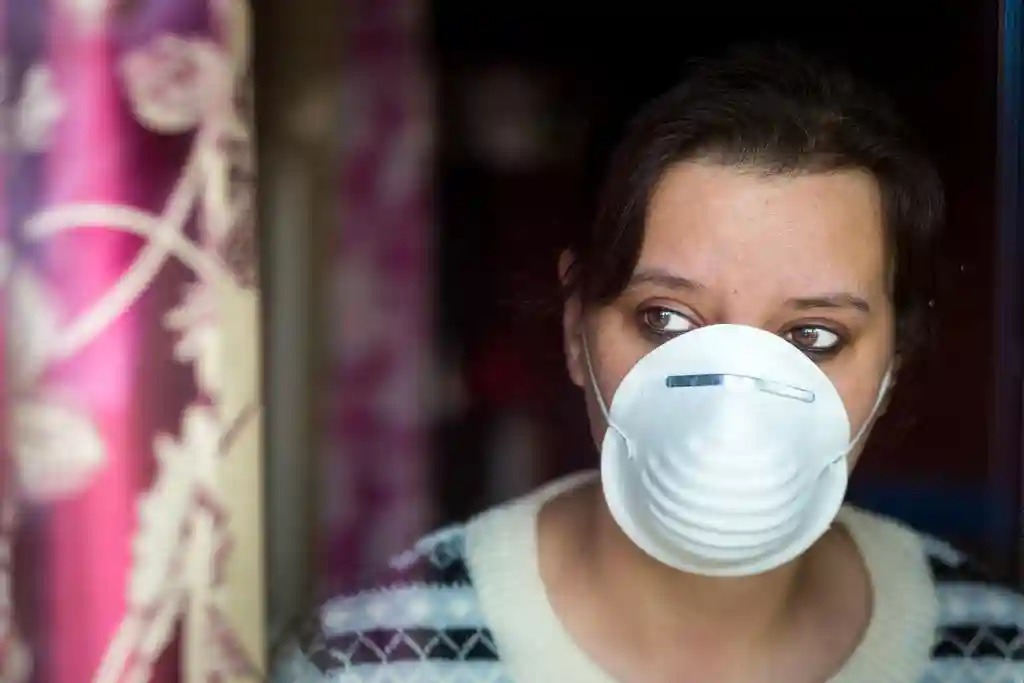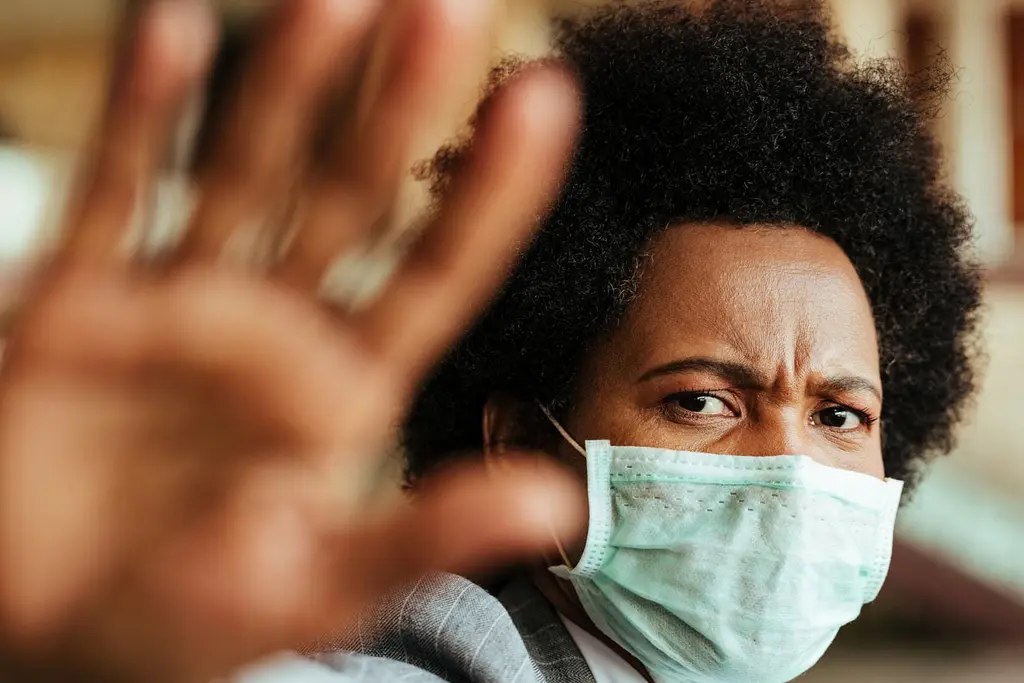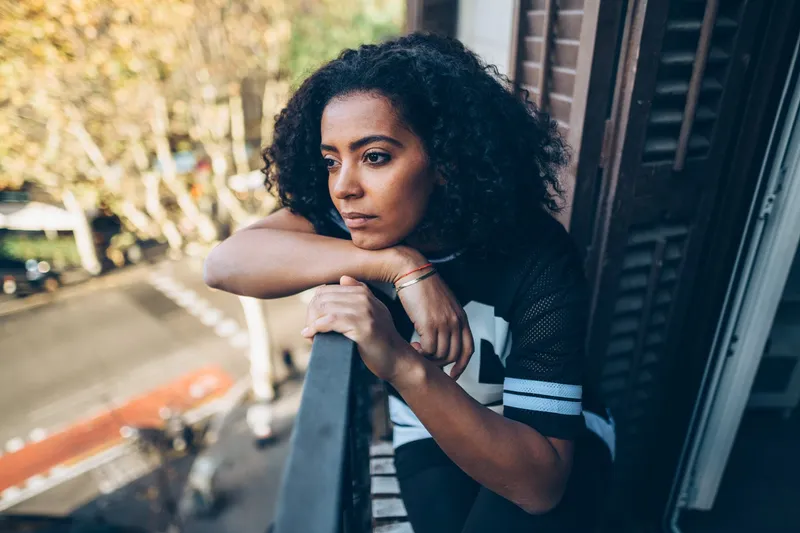
After weeks of social distancing, parts of the United States have started to reopen. Stay-at-home orders are being lifted, businesses are opening, and people are starting to emerge from their isolation. In my own state of Pennsylvania, the governor has lifted the stay-at-home order for many of the more rural counties that had fewer cases of coronavirus.
The days and weeks ahead are sure to bring a good deal of anxiety, as so much uncertainty remains about COVID-19. While staying home all the time might not have been fun, it also removed many sources of stress, especially concerns about catching the virus. With our reemergence comes many questions about whether we’re doing the right thing and if we’re being careful enough—and of course concerns about the actions of others. Are our leaders making the right decisions? Will others thrown caution to the wind and get you sick?
Now is a good time to prepare yourself to manage anxiety about reopening.
Below are some mind-body-spirit practices that are research-tested ways to deal with anxiety. They’re based in mindfulness-centered cognitive behavioral therapy (CBT), and are adapted from The CBT Deck for Anxiety, Rumination, and Worry.
Focus on What You Can Control
Many experts are cautioning against rushing to reopen the country, and predict that there will be new outbreaks in many areas. You might worry about yourself or your loved ones, especially if they or you are in a high-risk group.
- When you find yourself worrying about the virus, write down your specific concern. For example, you might be worried that you’ll catch the virus at work and bring it home to your elderly family member.
- Next, write down what you can control and what you can’t. For example, you can control whether you wash your hands and maintain social distance as much as possible, but not whether you ultimately get sick.
- Focus your attention and energy on what is within your control, and let go of the rest by saying, “That is not something I can control.” Release yourself from the burden of impossible responsibility.
Identify Alternatives to Your Fears
The stories our minds tell us about bad things that might happen can feel real, as if we’re seeing into the future. Develop the habit of recognizing that things might turn out differently from what you’re afraid of.
- When anxiety tells you something bad is going to happen, write down the prediction (the writing part is important). For example, “I’m going to be ruined financially.”
- Then write down a different possible outcome (e.g., “I’ll make it through this difficult financial period”). You don’t have to make yourself believe the alternative. Simply realize that your feared outcome is just one of many stories about how things might go.
Move Through Anxiety
Anxiety often makes itself the center of our attention, leading us to ask questions like, “Why do I feel so much anxiety?” or, “How can I stop feeling anxious?” Letting anxiety hog the spotlight just creates more tension and distress, and can lead to a feeling of paralysis.
- When you’re experiencing anxiety, ask a different question: “What task needs my attention right now?” Then redirect your energy toward doing what needs to be done, allowing anxiety to exist in the background.
Set Your Sights First Thing in the Morning
Anxiety often begins even before we open our eyes in the morning. We can feel like victims of circumstance as we dwell on potential problems and feared failures—will I get sick? Am I doing the right thing by going back to work? Am I being careful enough?
- Decide first thing in the morning what kind of day you will have. What quality of thoughts will you cultivate? How will you find joy? Who will you love? Reclaim your power as the author of your days.
Create Space for Sacred Sleep
Getting quality sleep is one of the most important ways you can guard your mental, physical, and emotional health, but it’s one of the first casualties when stress is high. Prepare your mind and body for rest by letting go of the day behind you and COVID-related anxiety and uncertainty.
- When you get into bed, take ten slow, cleansing breaths to release the day’s stress and activity. With each exhale, let go of anything you’re holding onto from your day, and relax fully into your mattress.
- Sense that this time and place are devoted to rest and renewal. Put a note by your bedside to remind you of this practice when you go to bed.
See Yourself Managing Problems
Your worries about reopening will probably throw all kinds of “What if … ?” questions at you, like, “What if I get sick?” or “What if my co-worker’s cough isn’t allergies but is actually coronavirus?” Our typical response to these questions is some version of, “Oh no! That would be terrible!”
- When you catch your mind what-iffing today, treat it as a real question. Respond matter-of-factly with what you would actually do. How would you deal with it? What internal strength would you bring to bear? To whom would you look for support? See the worry not as the end of the world but as a potential problem you would solve.
Let Go of Tension
Fear and anxiety turn on the body’s stress response, which leads to physical tension. Tension in the muscles then feeds back into the mind, strengthening the feeling that all is not well. Progressive muscle relaxation is a well-tested way to let go of tension and calm the nervous system. It involves simply tensing and then relaxing the muscles, starting with the feet and working your way up the body.
- Close your eyes and take three slow, calming breaths. Put on some gentle music if you like, though it’s not necessary. Tighten the muscles in your feet for a few seconds, and then let them completely relax. Take three more soothing breaths.
- Continue this tense-release cycle followed by three breaths for the muscles in your:
- Thighs
- Abdomen
- Arms
- Hands
- Shoulders
- Forehead
- Feel all the tension gradually leave your body. End with five calming breaths, and notice how you feel.
Make Peace with Anxiety
Anxiety often feels like a problem we have to solve—especially if you have anxiety about being anxious. But trying to force yourself to stop feeling anxious only adds to tension and anxiety. Paradoxically, the more we struggle against it, the more likely we are to feel anxious. As the saying goes, “What you resist persists.”
- Rather than resisting anxiety, simply acknowledge its presence. Greet it by saying, “Hello there, anxiety.” Allow it to accompany you as you take care of what you need to do today.
Lead with Love
COVID-19 has led to anxiety not only about the coronavirus itself, but about other people. Are they going to put me at risk by acting like the threat has passed? Or on the flip side, will people be upset with me because they don’t think I’m being careful enough? Living in fear of the people around us leads to anger, resentment, and blame, and to feeling all the more anxious and alone.
- Shift your attention from fearing others to wanting the best for them. Fear diminishes as care for others grows. You can deliberately foster feelings of kindness toward others through the time-honored practice of compassion meditation.
- Send silent loving wishes to every person you see today:
May you be healthy.
May you know peace.
May you find ease.
May you be free from suffering.
It may be easiest to start by directing these wishes toward someone you find easy to love; eventually you can encompass all of humanity—including yourself.
If you'd like more easy daily practices to help manage anxiety and develop your coping resources during this pandemic, my e-guide “10 Ways to Manage Stress and Anxiety Every Day” is available for free when you sign up for my newsletter.
Important:The opinions expressed in WebMD Blogs are solely those of the User, who may or may not have medical or scientific training. These opinions do not represent the opinions of WebMD. Blogs are not reviewed by a WebMD physician or any member of the WebMD editorial staff for accuracy, balance, objectivity, or any other reason except for compliance with our Terms and Conditions. Some of these opinions may contain information about treatments or uses of drug products that have not been approved by the U.S. Food and Drug Administration. WebMD does not endorse any specific product, service or treatment.
Do not consider WebMD Blogs as medical advice. Never delay or disregard seeking professional medical advice from your doctor or other qualified healthcare provider because of something you have read on WebMD. You should always speak with your doctor before you start, stop, or change any prescribed part of your care plan or treatment. WebMD understands that reading individual, real-life experiences can be a helpful resource, but it is never a substitute for professional medical advice, diagnosis, or treatment from a qualified health care provider. If you think you may have a medical emergency, call your doctor or dial 911 immediately.








